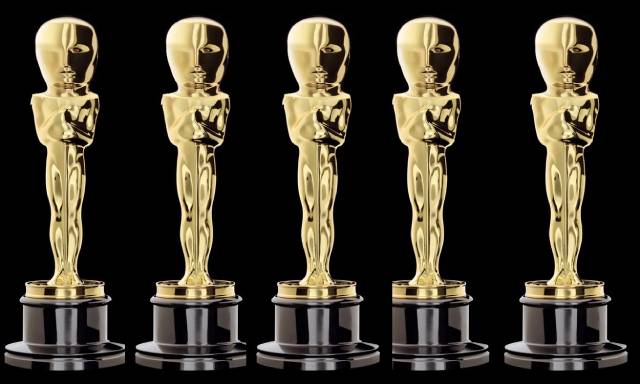Oscar who?
 A few days ago, a co-worker asked me whether, “as a film buff”, I watch the Oscars, and had I seen all the nominated movies? The answer to both questions is no.
A few days ago, a co-worker asked me whether, “as a film buff”, I watch the Oscars, and had I seen all the nominated movies? The answer to both questions is no.
Way back in the ’70s I used to watch the Academy Awards shows with a degree of excitement, hoping that something or someone I liked would win. But the only distinct memories I have now are of George C. Scott and Marlon Brando refusing their Best Actor awards in 1971 and 1973 respectively.
By the end of the ’70s, having seen a lot more movies and being prone to forming my own strong opinions, I had begun to notice that what I considered the year’s best films were often not even being nominated, let alone winning an Oscar. It was sometime around then that I realized that the Oscars were really a very local thing – the awards were voted on by a few thousand people, mostly in Southern California, who worked in the industry and had a lot of vested interests. The awards were about politics and business (a win guaranteed huge box office gains). Certainly not much to do with what was really “best”.
A look back over the awards from 1929 on famously shows a lot of forgotten winners, and even more acknowledged classics which were ignored. In the ’90s, the Weinstein Brothers at Miramax nailed the winning formula of glossy middle-brow prestige (The English Patient, Shakespeare In Love and other vacuous products) combined with massive promotional campaigns to get the public excited – and more importantly, to fix certain titles in voters’ minds.
And that, of course, is the essence of what the Oscars are all about: marketing. In fact, the Academy Awards represent what is possibly the single most successful advertising triumph to emerge in a century inundated with selling stuff to as many people as possible. Somehow, these dubious awards handed out within the small Hollywood community have been made to seem important to billions of people all over the world – people who wait for the verdict on what was “best” in the year when the whole enterprise actually ignores 90% of what actually gets released globally.
And so somewhere around the end of the ’70s I just stopped watching. Now if only it were possible to tune out the exhausting media frenzy which still surrounds the ceremony. While the “season” is a bit shorter since they moved the ceremony up a month, the media start making predictions in the early Fall and by the weeks leading up to the event, you can’t avoid seeing it on TV, in newspapers, magazines, over the Internet, and hearing it on every radio station … so much noise and breathless excitement about nothing; the Oscars represent the epitome of celebrity culture, famous for being famous, influential simply because people have been told they’re important.
So, no, I won’t be watching … and to date, I’ve only seen two of the nominated features. Now I just have to get through the coming days of post-awards “analysis” …
Comments